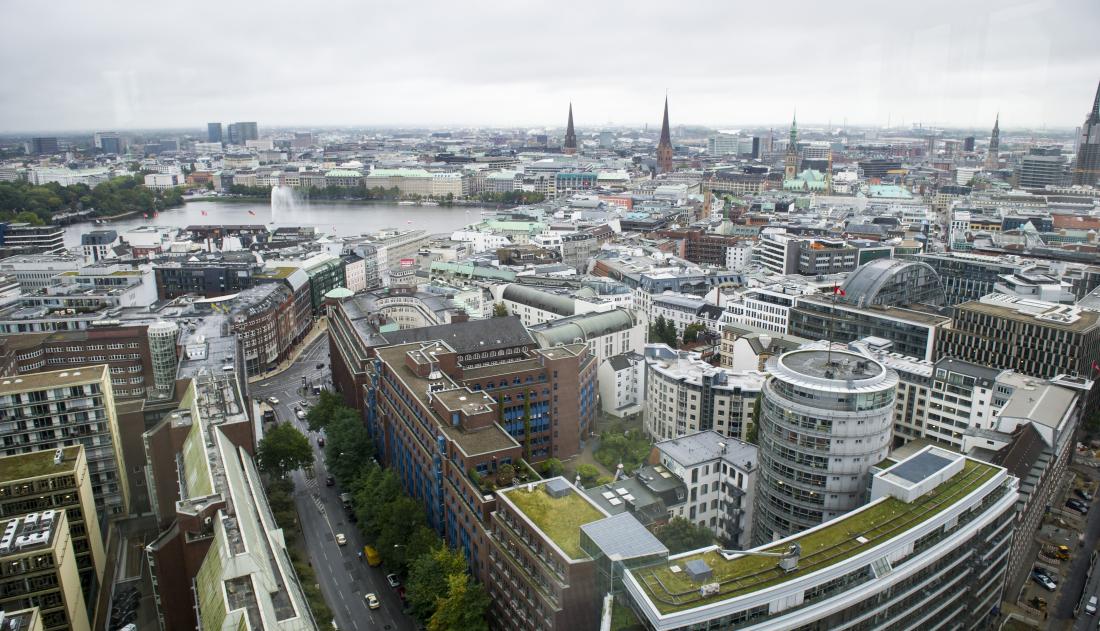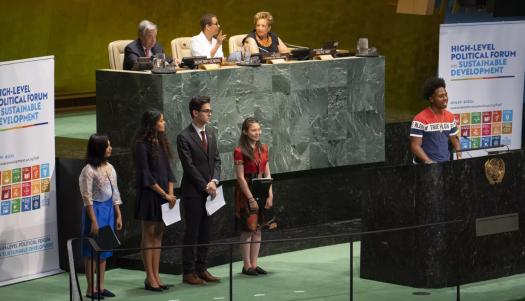
According to the World Bank, today’s urban population of about 3.5 billion people is projected to reach 5 billion by 2030, with two-thirds of the global population living in cities. City leaders must move quickly to plan for growth. The speed and scale of urbanization brings challenges for all family members such as children, parents, youth, persons with disabilities and older persons. The capacity to tackle challenges is essential to assure a safe growth of all family members that live in the city. Some suggested relevant areas for it should promote affordable housing; well-connected transport systems; meeting accelerated demand for infrastructure and built environment; ratio of the available land, urban development focused in nucleus family needs, urban growth designed for persons with disabilities, respect and social inclusion; access to community support and health services; communication and information; as well as civil participation; jobs and opportunities, particularly for the nearly 1 billion urban poor who live in informal settlements. Sustainable Development Goals include a dedicated goal for urban development, SDG11, which calls to ‘Make cities and human settlements inclusive, safe, resilient and sustainable.’ On the occasion of the World Cities Day, a special Event on "Inclusive and Resilient Cities for Sustainable Families" will take place on 31 October at UN Headquarters in New York from 1.15 to 2.30pm in CR.11. The event is co-organized by the Permanent Missions of Ecuador and Malaysia, United Nations Department of Economic and Social Affairs (UNDESA), the International Federation for Family Development (IFFD), UNHabitat, the Veneto Region (Italy), the Department of Bouches-du-Rhône (France), the Regional Union of Municipalities of Attiki (Greece), the Community of Madrid (Spain) and the European Local Inclusion and Social Action network (ELISAN). The event aims to follow-up on the SDGs and the New Urban Agenda signed in Quito, Ecuador by gathering good practices from local, regional and national authorities on family responsive legislation, into making cities more resilient, inclusive and sustainable for all. It has a family perspective to benefit each and every one of the members of the family as of older persons, parents, children, persons with disabilities and indigenous peoples. Concept Note and Agenda Resources:
- The World’s Cities in 2018 A new data booklet, The World’s Cities in 2018, based on the 2018 Revision of World Urbanization Prospects, has been launched in advance of World Cities Day (31 October). Data booklet | World Cities Day | Data | Policies on Spatial Distribution and Urbanization
 Welcome to the United Nations
Welcome to the United Nations


